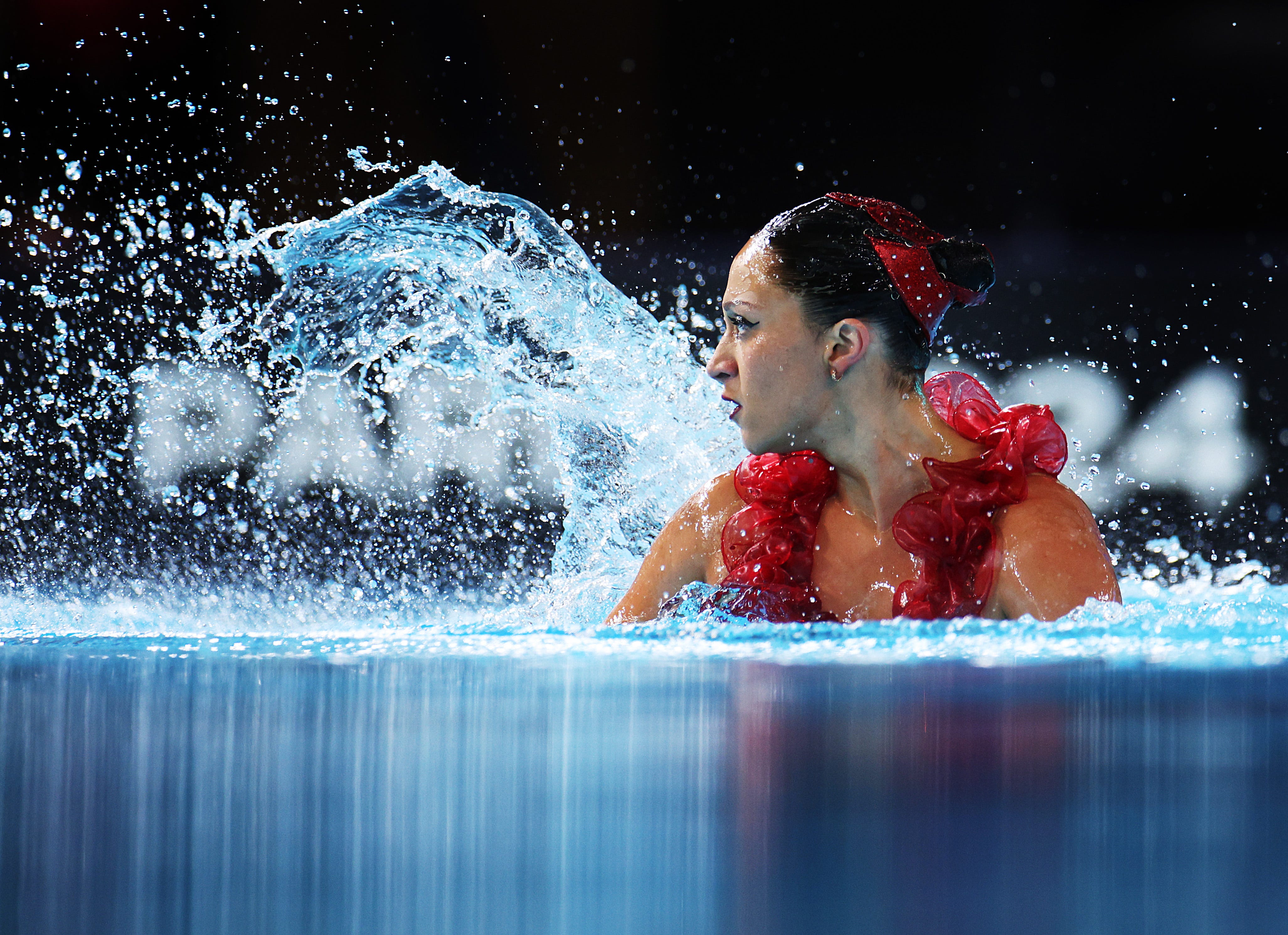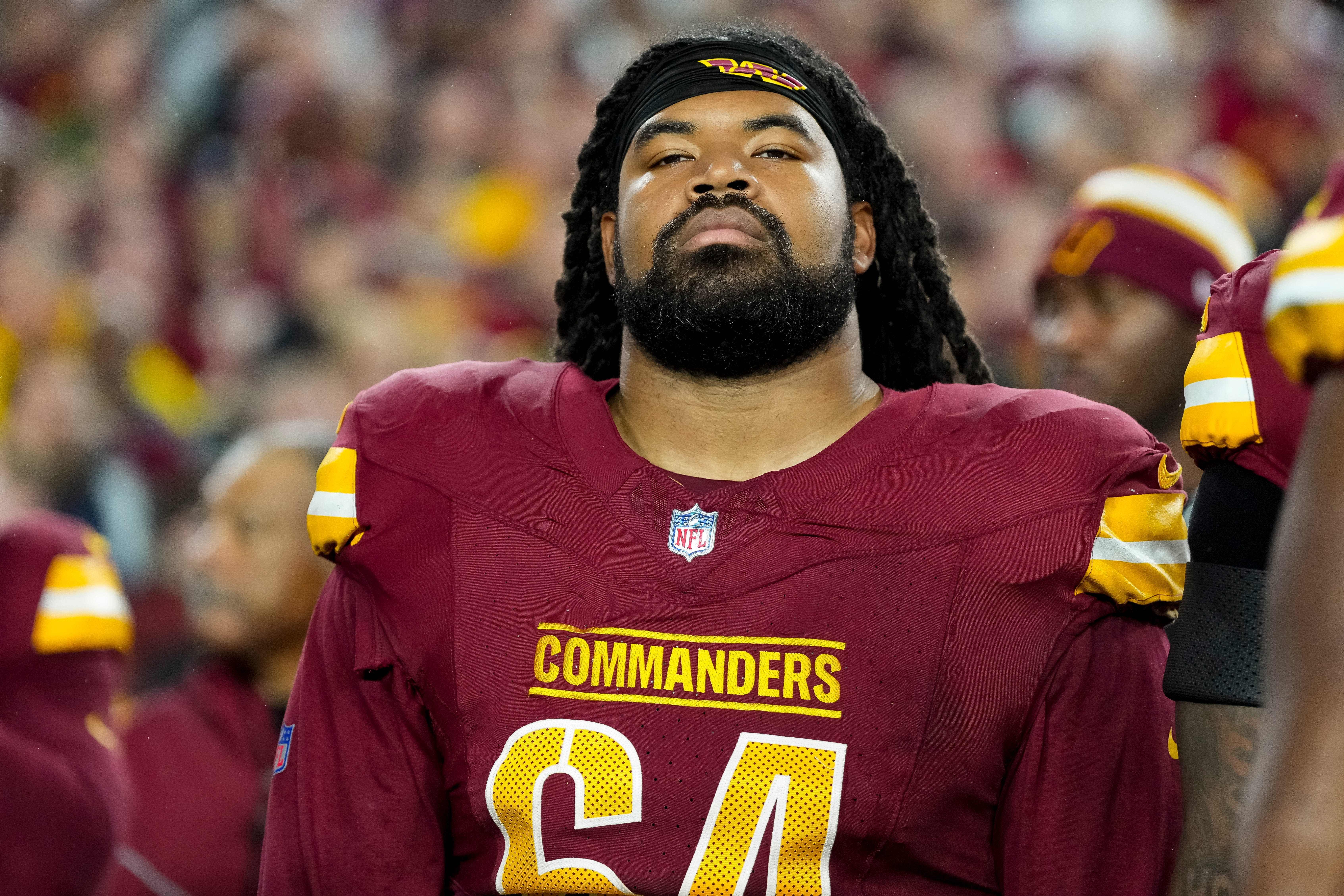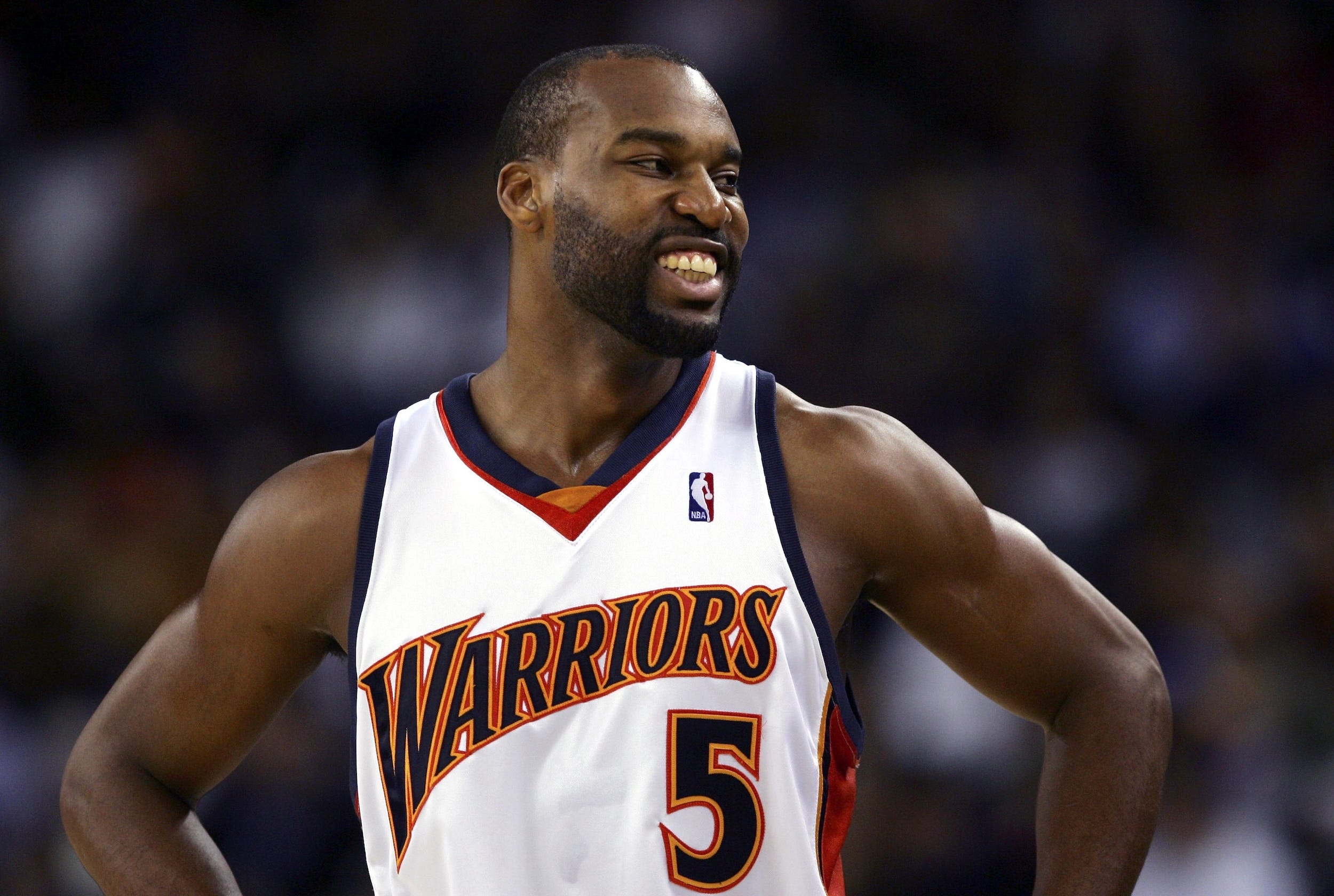
Adam Pretty/Getty Images
Most days, Anita Alvarez starts training at 6 a.m. She performs twists and lifts across the pool, holding her breath underwater for minutes at a time.
While it paid off in the pool — she returned home to Los Angeles in the summer of last year with her first Olympic medal, a silver, in artistic swimming, formerly synchronized swimming — it didn’t pay her bills.
Earlier in Alvarez’s 12-year swimming career, she worked at a sporting goods store to supplement the $250 monthly stipend she said she received from Team USA.
Alvarez told Business Insider her stipend had since increased to $1,900 a month. But rather than adding to that with coaching gigs, teaching private lessons, or prize money as she’s done in the past, she’s joined the US Air Force’s World Class Athlete Program. The program funds Olympic athletes’ training in exchange for three years of military service after their Olympic careers.
While the phrase “professional athlete” often evokes thoughts of multimillion-dollar contracts, red-carpet appearances, and lavish living, this type of stardom is often reserved for the upper echelon of male athletes in the MLB, NBA, NFL, and NHL.
Many full-time athletes outside these leagues — and many of those within them — still struggle with finances. Careers in sports are often short, and some athletes come from families with little experience dealing with large sums of money.
“It was stressful because you want to be so focused and dialed in on the Olympic training that we’re doing, and that’s not just the time we’re at the pool,” Alvarez, 28, said. She added, “But then, knowing that I had to leave after eight hours in the pool, I’m physically, mentally exhausted, and then I have to get out and rush to shower to run to make it to work on time.”
Four current and former professional athletes shared how they’d faced these uncertainties by prioritizing financial literacy, investing, and starting businesses of their own.
A short window to make money
A 2020 study published by the International Journal of Environmental Research and Public Health found that the average length of “maximum achievement until retirement” in terms of sports performance was 4.9 years for athletes in individual sports and seven years for those on teams.
“Our career span and lifespan in the NFL is so short that by the time you’ve spent that money, it’s super hard to get back,” Sheldon Day, a defensive tackle for the Washington Commanders who’s preparing to enter his ninth year in the NFL, told BI. “Most people don’t understand the lifespan, and then they think the money’s going to always be there.”

Todd Rosenberg/Getty Images
A 2022 analysis of player data by The Sports Daily found that on average, an NFL career lasted just 3.3 years.
Athletes like Alvarez have a much longer window to earn, but the opportunities appear to be fewer. Alvarez, who’s worked with brands including Skims and Tresemmé, said she usually sees brand deals and sponsorships pick up leading into the Olympics, but when the games end, the companies move on to whatever’s next.
Of course, the athletes aren’t just training every time there’s an Olympics. “It’s not every four years,” she said. “It’s every single year that we’re here training.”
A survey released in December by Parity, a sports marketing and sponsorship platform for professional female athletes, indicates Alvarez’s experience of working while training isn’t unique: Seventy-four percent of the 500 female athletes surveyed said that in the previous year, they had a job outside of being a pro.
Planning for retirement while still in the game
Angela Ruggiero was a star on the ice, medaling in four Olympics, including a gold medal in the 1998 Winter Games. Still, she knew hockey wouldn’t be enough to financially support herself, especially in retirement.
“It was tricky, but I think I always knew I was going to have to get a job being a female athlete and not making a ton of money as a pro,” Ruggiero, 45, told BI.

Brian Bahr/Getty Images
Ruggiero said that during her last Olympic cycle, from 2008 to 2011, she earned a base pay before bonuses of $2,000 a month from Team USA, in addition to endorsements from brands such as Coca-Cola and Nike.
“I was 31 and wasn’t saving money, whereas my peers who had had regular jobs were ahead of me financially, which is kind of crazy — I had a gold medal and four Olympics under my belt,” she said. “But that’s never why I did it. I never did it for the money. I did it because I loved the sport.”
It’s a common experience among professional female athletes. Seventy percent of respondents in the Parity survey — which had representation from 55 sports — said it was “very likely” they’d need a new source of income when they retire from competition.
For Ruggiero, part of the solution was investing. Later in her career, she asked Coca-Cola, one of her sponsors, to give her equity in the company, she said. When they gave her a check instead, she took a piece of it and bought stock in the company.
The former NBA player Baron Davis, who is reported to have earned more than $140 million throughout his career, playing for 13 seasons across six teams, also had the forethought to invest his earnings. His first investment was with the then startup Vitaminwater, but it came with a condition.
“The only ask was, ‘I want to be on your marketing team or an advisor on your marketing team as a creative, so I can learn how to replicate a brand and its success,'” Davis, 46, said.
“And that shaped my career to say, ‘I can be my own agent. I can do my own deals. I can pitch to brands. I know what I’m capable of both on and off camera,'” he added.

Jed Jacobsohn/Getty Images
After those experiences, Davis said he felt better equipped to become an entrepreneur after he last played in the NBA in 2012. He created Baron Davis Enterprises, a holding company of his investments including content studios and a membership platform for people who work in sports, business, and entertainment.
Similarly, Ruggiero used her sports background as a launchpad for her second career. After spending eight years with the International Olympic Committee, she cofounded Sports Innovation Lab, a data and analytics company focused on improving advertising, sponsorships, and fan experiences.
“Sports Innovation Lab came from my experiences as a board member, a practitioner, someone that had gone to business school and studied disruptive innovation under Clay Christensen, and I’m looking at my industry going, ‘We could be doing better if we had the insights,'” she said.
Still, these career changes don’t come without challenges. Davis said athletes could experience pushback in their second careers because they’re athletes.
“You have the ability to get into meetings or get into places based on your fame, your history, or your recognition,” he said, adding that athletes are often asked to still prove themselves as entrepreneurs, investors, and C-suite executives.
Helping the next generation of athletes
Athletes are uniquely positioned to help others within their professions.
Day, 30, watched as an NFL teammate spent money on cars, jewelry, and nights out at clubs, seemingly not considering that one day the paychecks would stop. After witnessing that teammate struggle financially while still in the NFL, he decided to do something about it.
Alongside former NFL player Richard Sherman and a health and sports scientist named Tom Zheng, Day founded The Players Company, which seeks to help athletes with personal finance through education, networking, and community events.
In 2024, the company partnered with Mogul Club, a real estate platform, to help players invest in real estate — something Day himself tapped into early in his pro career. “I jumped right in on the single-family real estate side, trying to give back to the city of Indianapolis where I’m from,” he said.
Day, who’s earned $7 million so far during his NFL career, per the sports financial system Spotrac, has since incorporated commercial real estate into his portfolio, in addition to building homes in lower-income neighborhoods.
Whether an athlete is handling millions of dollars or working second jobs, earning money is only half the battle. Knowing what to do with it is a separate challenge, and athletes ultimately need to figure out what they’re saving for, Andrea Brimmer, a former varsity soccer player at Michigan State University, told BI.
“You think about money in terms of how it can empower the things that you love or the people that you love the most in life, and it gives you a very different purpose in earning money,” said Brimmer, who’s now the chief marketing officer at the online bank Ally Financial.
Ruggiero said money management should be emphasized more while athletes are still playing, not after they retire.
“What we’re told as athletes is: Eye on the prize. Win the gold medal. Win the championship,” she said. “You’re given all these amazing tools for the prize, the sports prize, which is great, but it doesn’t always serve you.”
“Even in the NCAA, if you’re a collegiate athlete and you’re going to go pro the next year,” she continued, “could you at least take a class over balancing your checkbook?”
The post Not all pro athletes get rich. We spoke with 4 who shared how they’re securing their financial futures. appeared first on Business Insider.




